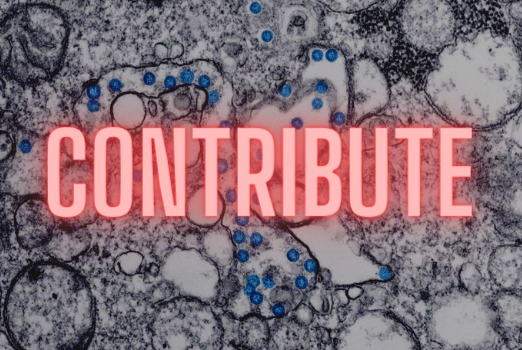Welcome to the Cork Folklore Project’s ‘Chronicles of COVID-19’ collection project.
This resource is under construction, but many of the materials gathered to date are available here.
The Cork Folklore Project, a community-based oral history archive (www.corkfolklore.org), moved with our colleagues in other archives of tradition in a rapid-response collection project, collecting in-the-moment experiences of the COVID-19 pandemic in Ireland on a range of platforms, from early April 2020.
This project is ongoing, and we will collect through online questionnaires, interviews, and contributions of images and accounts, for as long as this event has an impact on life in Ireland.
You can read a reflection on the project from 18 August 2020, here.
What you will find in this repository?
We are working to share the rich material that has been contributed to the Chronicles project.
This comes in three formats:
• Responses to our online and paper-based questionnaire. Phase 1 was launched in April 2020, and the responses have been published on this site.
• Photo galleries containing photo-and-narrative are accessible here, and we are working on adding more as time goes on:
Sasha Roos Collection
Barry Donnelly Collection
• Audio material contributed by our long-term volunteer, Pauline Matthews:
Pauline Matthews COVID 19 Diary
Why carry out ‘rapid-response’ archival collection in times of crisis?
There are arguments both for and against carrying out collection projects in times of crisis.
A first question is: ‘Who are we to ask for people’s time and effort at a stressful and possibly traumatic time?’ Another question that arises is whether it is better to wait until people have a chance to create a coherent narrative for themselves.
Arguments for rapid-response collection include the fact that ‘in-the-moment’ documentation can reflect an experience in an immediate way that later becomes blurred or completely forgotten through the shaping of our memory through subsequent experiences. It can also preserve the details of individual or group experiences that may be side-lined or ‘written out’ of public discourse and the historical record through the content and structuring of media and official reports.
And finally, why should tradition archives in particular do this, when the web, media and social media are awash with personal accounts and testimony? We would suggest that the long-term preservation and access provision capability of these archives, along with the fact that we observe care in context provision, and duty of care in the preservation and sharing of material, and in observing contributors’ wishes regarding what will be shared, makes an argument for the material being maximally and most meaningfully findable and usable in the long term.
With regard to potential benefits of such projects, early feedback has included respondents remarking on feeling a benefit from filling out the questionnaire.
From an ‘extremely medically vulnerable’ person:
‘It was actually a great experience. So important to put some shape on our experiences. Thanks so much.’
From another participant:
‘I think this survey is a brilliant idea. It has already helped me to write about how I am feeling and well done to you for thinking it up. I don’t want to forget that this happened. I want to keep feeling that it must change our society for the better once we are back in action and back in action we will be for sure.’
Keep a diary of your activities and thoughts, or describe images and encounters, and email us at covid19chronicles@corkfolklore.org to arrange to deposit it in our archive.
Take photos of scenes that document life in the pandemic, and email us at covid19chronicles@corkfolklore.org to arrange to deposit them in our archive.

